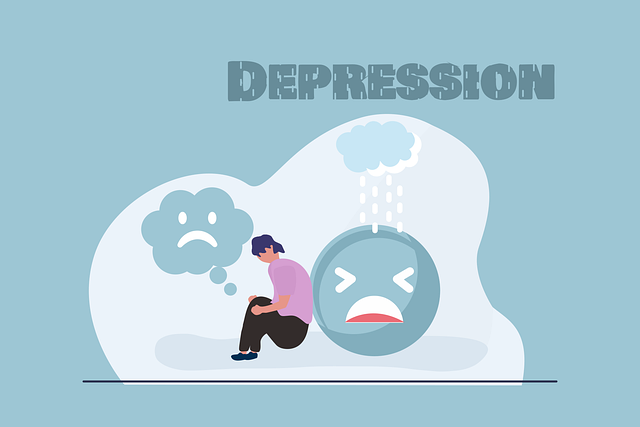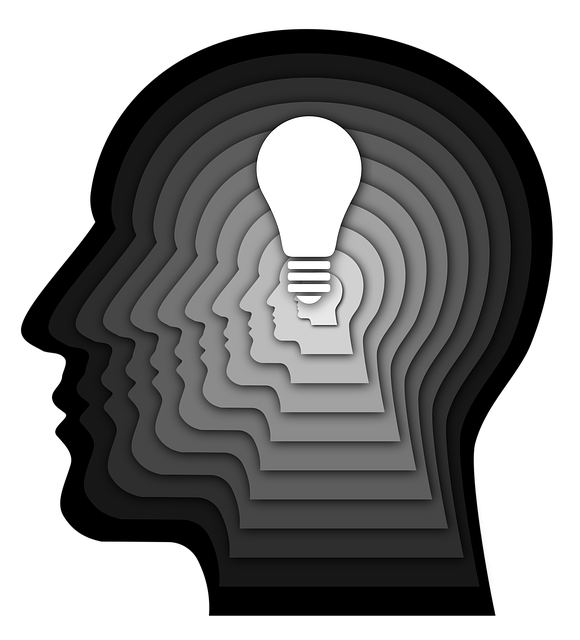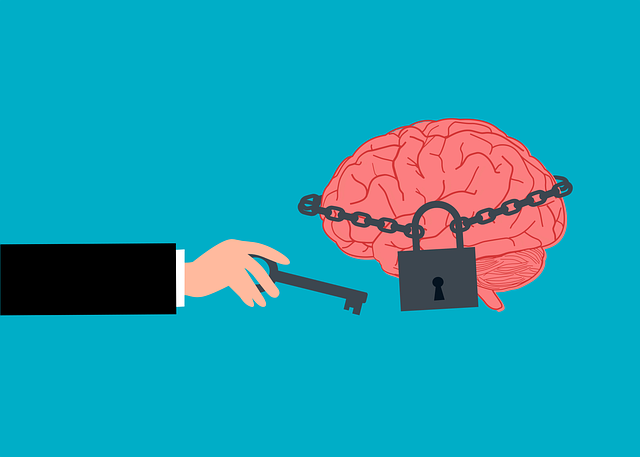Understanding mental illness diagnoses is crucial for navigating complex healthcare systems and finding effective treatment, with each disorder requiring a unique approach. Accurate diagnosis involves thorough assessments by qualified professionals using standardized tools like DSM-5 or ICD-11. Examples include Centennial Phobias Therapy for anxiety disorders, which focuses on deep-rooted fears through evidence-based techniques, promoting lasting change and emotional regulation. Educate yourself about your specific condition, communicate openly with healthcare professionals, and integrate self-care practices into your routine to complement professional care.
“Uncertainty often shrouds mental illness diagnoses, but understanding is the first step towards healing. This comprehensive guide aims to demystify the process, offering insights into various mental health conditions. We delve into the significance of accurate diagnosis and explore therapeutic approaches, with a particular focus on Centennial Phobias Therapy—a revolutionary method proving effective in treating specific fears. Additionally, we provide practical tips for navigating treatment options, empowering individuals to take control of their mental well-being.”
- Understanding Mental Illness Diagnoses: A Comprehensive Guide
- The Role of Centennial Phobias Therapy in Effective Treatment
- Navigating Treatment Options: Tips for Success and Empowerment
Understanding Mental Illness Diagnoses: A Comprehensive Guide

Understanding Mental Illness Diagnoses is a crucial step in navigating the complexities of seeking help and finding effective treatment. Mental health conditions are diverse, with various types of disorders affecting millions globally. Common mental illnesses include anxiety, depression, bipolar disorder, schizophrenia, and post-traumatic stress disorder (PTSD), each presenting unique symptoms and challenges. A thorough diagnosis involves comprehensive assessments by qualified professionals using standardized tools and criteria from diagnostic manuals like the DSM-5 or ICD-11.
This process often includes in-depth interviews, surveys, physical exams, and sometimes specialized tests to rule out other conditions. Accurate diagnosis is essential as it forms the foundation for tailored treatment plans, ensuring individuals receive the most suitable care for their specific needs. Centential Phobias Therapy, for instance, targets specific fears or phobias, while Public Awareness Campaigns Development plays a vital role in destigmatizing mental health issues and encouraging help-seeking behaviors. Confidence-boosting strategies and engaging in Mental Wellness Podcast Series Production can also empower individuals to take charge of their mental wellness journey.
The Role of Centennial Phobias Therapy in Effective Treatment

Centennial Phobias Therapy plays a pivotal role in effective mental health treatment, offering specialized support for individuals grappling with anxiety disorders. This therapeutic approach focuses on addressing deep-rooted fears and phobias that have persisted for years, often significantly impacting daily life. Through a combination of evidence-based techniques, therapists help clients confront and overcome their fears, promoting lasting change.
The process involves collaborative communication strategies where therapists guide patients in understanding the connection between thoughts, feelings, and behaviors. By teaching self-care practices and mood management skills, individuals gain tools to regulate emotions and reduce anxiety symptoms. This holistic approach empowers clients to navigate their mental health journey with increased confidence and resilience.
Navigating Treatment Options: Tips for Success and Empowerment

Navigating treatment options for mental illness can be overwhelming. It’s crucial to approach this process with a sense of empowerment and agency. Start by gathering comprehensive information about your condition, including symptoms, causes, and available treatments like Centennial Phobias Therapy. Understanding these aspects equips you to actively participate in decisions regarding your care.
Engage in open communication with mental health professionals. They can provide valuable insights through risk assessments and empathy-building strategies. Don’t hesitate to ask questions and share concerns. Additionally, integrate self-care practices into your routine to complement professional treatment. This holistic approach ensures that you’re not just treating symptoms but fostering overall well-being.
Mental illness diagnosis and treatment can be complex, but with the right navigation tools, individuals can empower themselves on their journey. By understanding mental health conditions through comprehensive guides like this one, and leveraging specialized therapies such as Centennial Phobias Therapy for effective treatment, people have a greater chance of achieving lasting success. Armed with knowledge and support, navigating treatment options becomes a path to healing rather than a daunting labyrinth.














